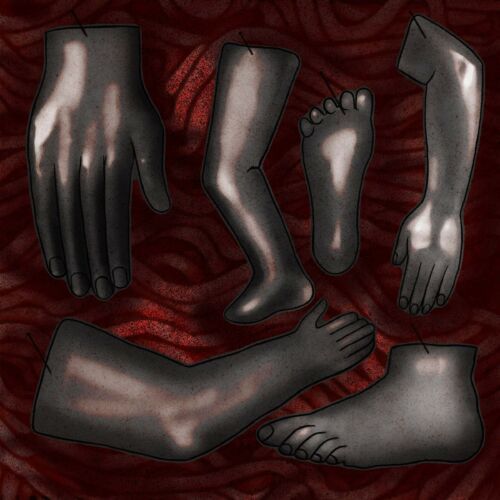Chitin, human hair and recycling clothes for the planet
According to scientists and environmentalists who have been meeting since 2009 under the guidance of researchers from the University of Cambridge, in 2023, humanity should, among other improvements, make better use of the chemicals contained in chitin and manage lithium more rationally. Experts also predict the development of technologies involving energy storage in batteries made from organic compounds, the fertilisation of fields with nutrients contained in human urine, and the use of machine learning to reduce the threat to species and ecosystems from chemicals used in agriculture.
Belgian non-profit organisation – Dung Dung uses human hair clippings to absorb environmental pollution. The clippings are collected from the hairdressers and then go into a machine that turns them into dense rugs. The product can be used to absorb oil and other hydrocarbons that pollute the environment, or it can be processed into bio-composite bags. A kilogram of hair can absorb 7 to 8 litres of oil and hydrocarbons.
Vintage Gala in Accra is Ghana’s popular marketplace for second-hand clothes. According to its creators, buying second-hand clothes not only helps reduce the environmental impact of the fashion industry but also allows one to express his or her unique style of clothing regardless of current trends. Approximately 15 million pieces of second-hand clothing from China and Western countries enter Ghana weekly. According to The Or Foundation, about 40% of these goods eventually end up in landfills.



























